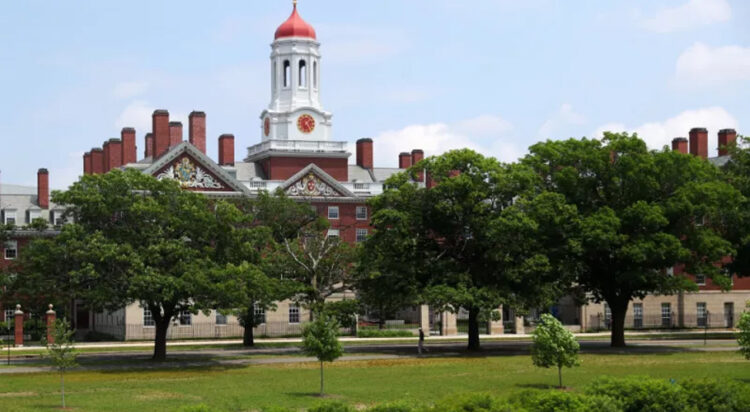Harvard University has unveiled a groundbreaking initiative to make tuition free for families earning under $200,000 (£154,000) annually.
Moreover, families with incomes below $100,000 will receive full coverage for housing and health insurance costs.
This policy, set to take effect in the 2025–2026 academic year, aims to make Harvard more accessible to middle-income families. It coincides with federal scrutiny of university funding under the Trump administration, particularly regarding diversity, equity, and inclusion (DEI) programs.
Harvard President Alan Garber emphasized the broader impact of this initiative, stating that expanding financial accessibility enriches the diversity of experiences and perspectives within the student body, fostering both intellectual and personal growth.
He added that the policy ensures a Harvard education is attainable for all admitted students.
The university estimates that approximately 86% of U.S. families will now qualify for its financial aid programs. For context, the median U.S. household income in 2023 was $80,000, according to the U.S. Census.
This move aligns with similar efforts by other prestigious institutions, such as the University of Pennsylvania and the Massachusetts Institute of Technology, which also offer free tuition for families earning less than $200,000. Previously, Harvard had waived all costs, including housing and medical expenses, for families with incomes below $85,000.
According to the Education Data Initiative, the average annual cost of attending a private university in the U.S., including on-campus living, is $58,000. The organization also noted that college costs have more than doubled since 2001.
































